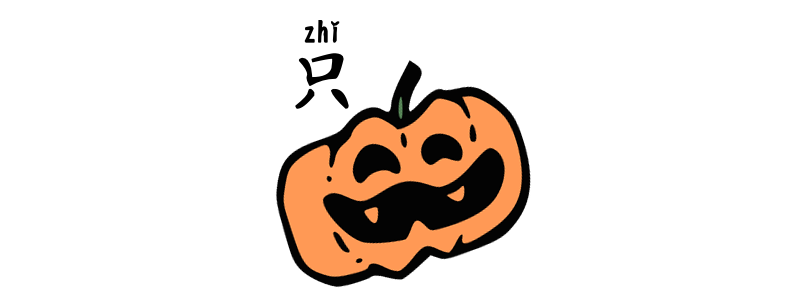Grammar Point:
In Chinese, the word for “only” is 只 zhǐ. Unlike in English, you can place it in any part of the sentence to emphasize different parts. However, it always comes before verbs in Chinese.
Structure
只 + Verb
卡裡只有兩百塊錢卡里只有两百块钱
I only have 200 dollars in my card.
我今天只喝了一杯咖啡我今天只喝了一杯咖啡
I only had one cup of coffee today.
她只想去一個沒人的地方她只想去一个没人的地方 🏝️
She just wants to go to a place where no one is around.
我只愛你我只爱你
I only love you.
我們只收現金我们只收现金
We only accept cash.
只 + Can + V
我只會說中文我只会说中文
I can only speak Chinese.
我只能喝一杯紅酒我只能喝一杯红酒
I can only have one glass of red wine.
她只可以晚上8點後見面她只可以晚上8点后见面
She can only meet after 8 p.m.
- Different “can” in Chinese
能 néng, 会 huì, and 可以 kěyǐ
只 + 是 shì
If you want to link 只 zhǐ with nouns or adjectives, then you should use this pattern.
我只是一個學生我只是一个学生
I am just a student.
這只是一個誤會这只是一个误会
This is just a misunderstanding.
你只是感冒,多休息就好你只是感冒,多休息就好
You’re just having a cold, rest more and you’ll be fine.
Practice
TouchHover over the space to see the answers.
✔️ I can only say two sentences in Chinese.
我只會說兩句中文我只会说两句中文
✔️ I’m just bored, so I came to take a look.
我只是無聊,所以過來看看我只是无聊,所以过来看看
✔️ I’m only available on Saturday.
我只有禮拜六有空我只有礼拜六有空


